The Ethics of Imagery
Jen Looper
Developer Advocate at Progress
Founder and CEO: Vue Vixens 🦊
@jenlooper
what is ethics?
"The field of ethics (or moral philosophy) involves systematizing, defending, and recommending concepts of right and wrong behavior."
agenda
-
basics of ethical philosophy
-
ethics and the creation and consumption of images
-
AI, ethics, and images
Meta-Ethics
How do we understand what is right or wrong? Abstract questioning about value-bearing things: "Is murder ever permissible?"
Normative Ethics
Determines standards of the rightness or wrongness of actions: "If I am attacked with deadly force, deadly retaliation is permissible."
Applied Ethics
Determines practical application of moral considerations. "In a case of murder, first degree is X and second degree is Y"
what are the ethics of creating imagery? (meta-ethics)
consuming & sharing images?
(normative ethics)
what if the imagery is created by an AI?
(applied ethics)
ethics in photography
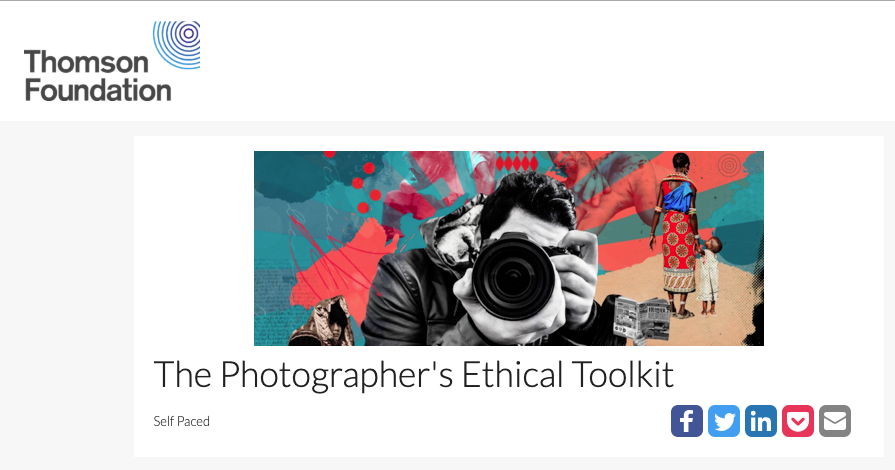
The meta-ethics of a producer of imagery
Images must be
produced and consumed with:
-
Empathy
-
Autonomy
-
Integrity
Empathy
understand your boundaries, require consent
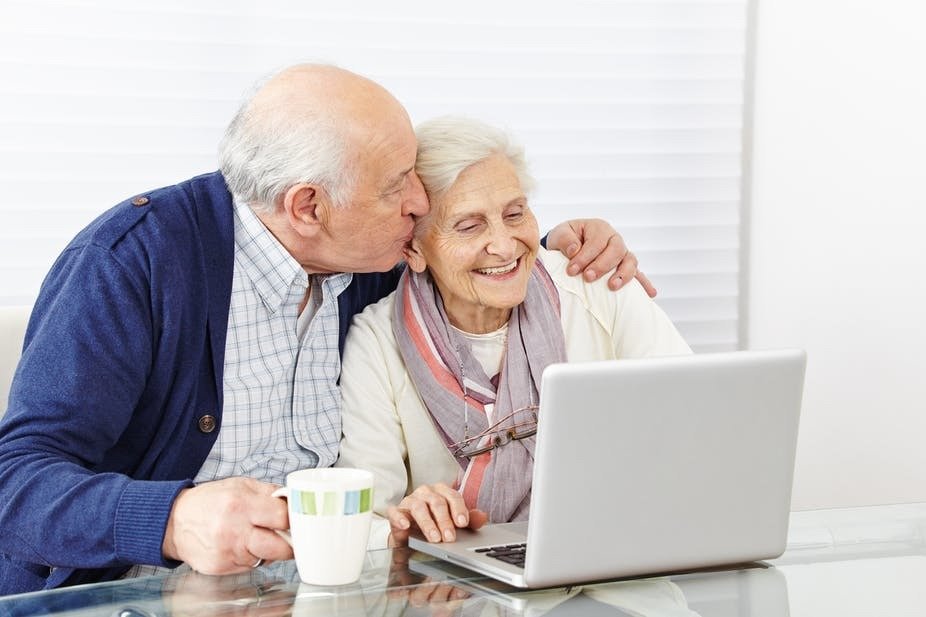
stock photo
Autonomy
respect your subject's self-governance
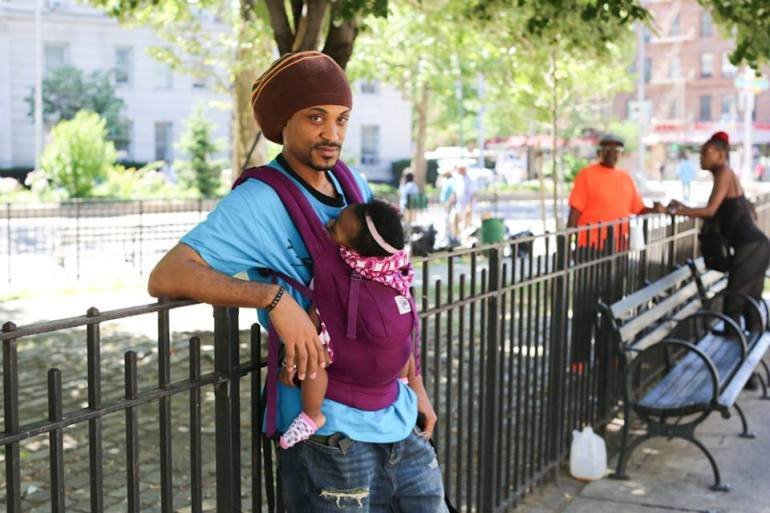
“I left Belize when I was 12 or 13, just as all my friends were getting swept up into gangs. ...After I came to America, they were all killed...” Photo by Brandon Stanton, HONY.
Integrity
respect context, don't misrepresent
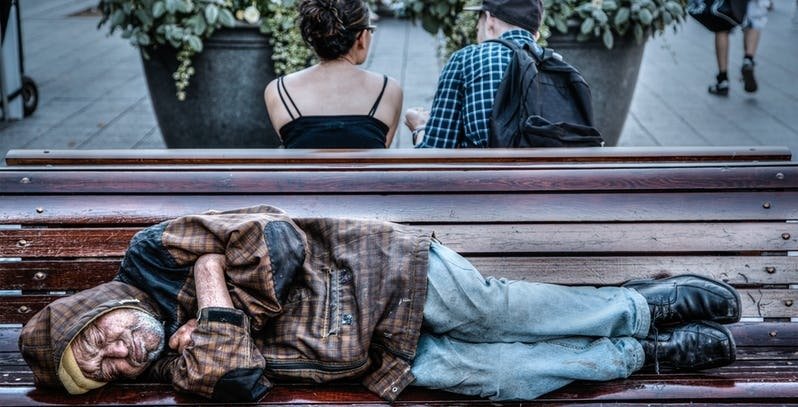
Note: ethics are subjective and fluid according to the genre/audience of an image
You can edit an image destined for an art gallery, but not for a documentary
Normative ethics
test cases that allow us to set standards
classic examples of unethical image creation
normative ethics of image creation
Cropping

violates integrity of image and entirely changes its meaning
Photoshopping


violates subject's autonomy and intent
Additions
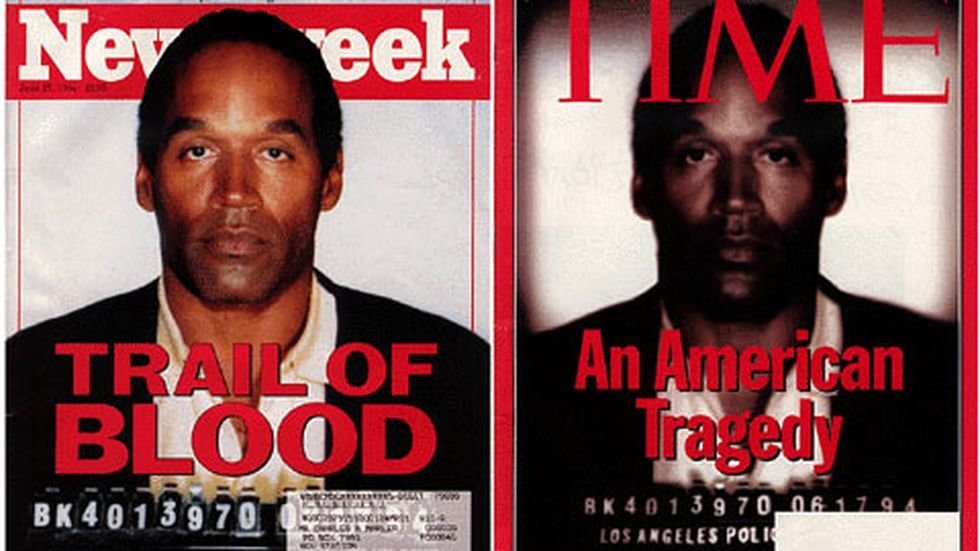
violates empathetical restraints via racial pandering, especially pre-trial
Subtractions
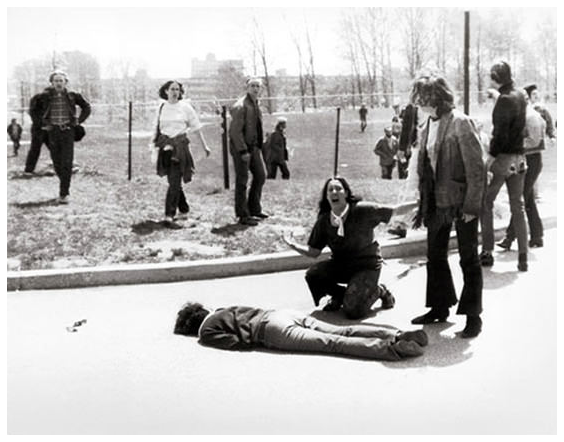
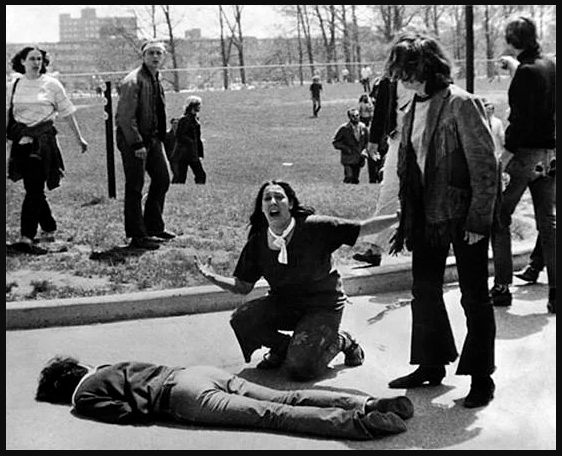
violates context - the image looks better but the edits are inappropriate for a documentary
Acceptability
"Napalm Girl"
Does the end justify the means?
violates subject's autonomy, but photographer was on the receiving end of a war, and the course of the war was changed because of this photo
A short quiz
source: Thomson Foundation
images: Austin Neill, Savannah Dodd
You have been hired to take photographs of a beach to promote tourism, but the beach is littered with plastic waste. What do you do?

A: Take well-framed pictures that represent the beach accurately and do basic editing to make the scene more vivid, but leave the rubbish
B: Clean up a small area and photograph at an angle so that no litter is visible in the frame
C. Digitally edit away the rubbish so that it looks more inviting

You are on a small boat tour on a river. You are impressed by the paddling technique of the person hired to steer your boat, and you want to take photographs of her. What do you do?

A. You ask her if you can take photographs.
B. You take a few photographs without asking. You show her the images you took, and ask her if you can take more. You offer to send her a few if she likes them.
C. You take photographs without asking. This boat tour is a tourist attraction, so surely it is appropriate to photograph her.

Using images ethically
normative ethics of image consumption
The ethics of memes
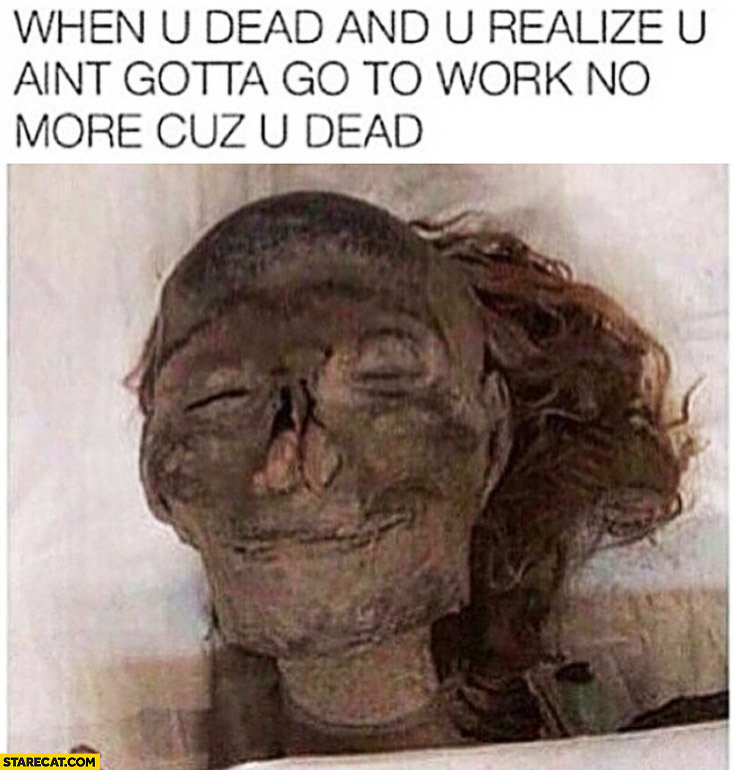
"where are they now?"
tl;dr; memes are often totally unethical
maybe stick to cute animals
images taken out of context for fun
altered and cropped
recaptioned
posted without consent
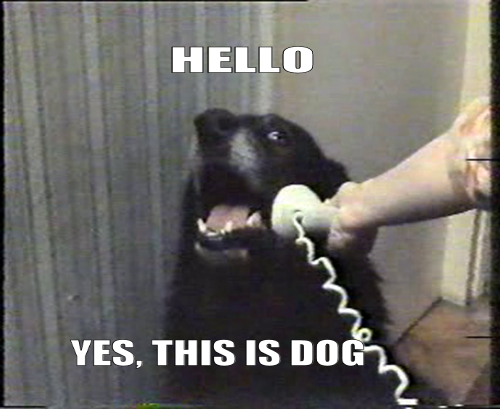
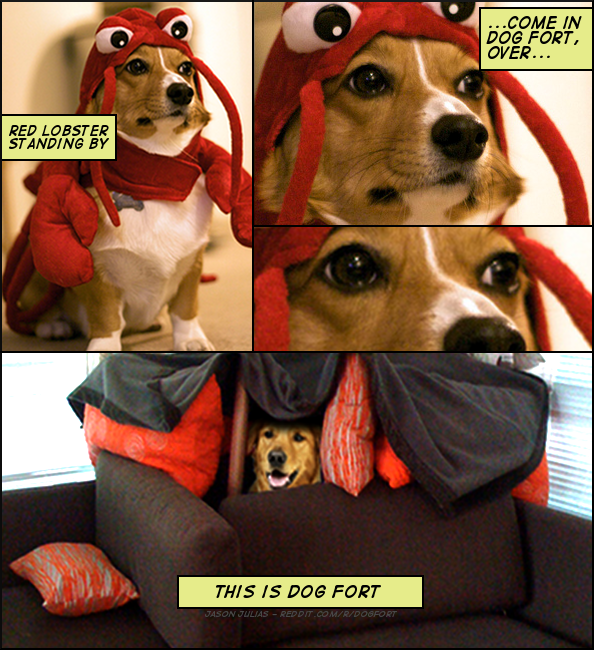
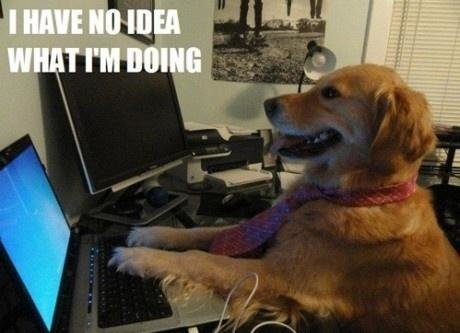
(is it ok to dress them up?)
buckle up, people
The next generation: Machine Learning + Images
ML is enabling the consumption and production of images in completely new ways
are we ok with that?
Can we used applied ethics to combat the challenges that are coming?
Example 1: bias in imagery
premise: because bias in the training of data imagesets creates flawed outcomes, we need to remove bias
Machine Learning Bias
how does it happen?
ML Algorithms learn only what they are trained to learn
- Garbage In, Garbage Out
- Incomplete training data => incorrect assumptions
- Human bias easily translates to ML bias, but ML 'sounds more legit' so watch out
what's at stake?
Predict the future criminal (guess who)
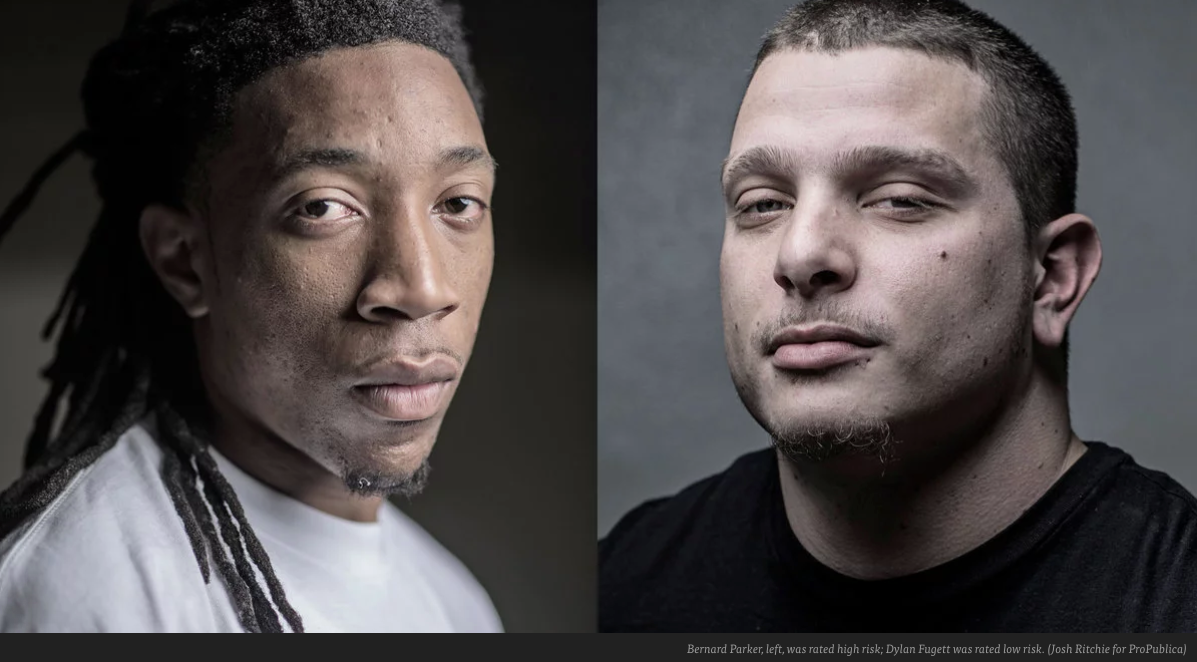
algorithmic 'risk assessment'
is this ok?
tl;dr; NO

how can we fix it?
Make sure you remove bias from data from the beginning
Check yourself: what biases do you bring to the project? Check the desired outcome
Example 2
machine-generated photos
premise: most images are scraped from the internet into datasets without consent, so their use must be carefully controlled
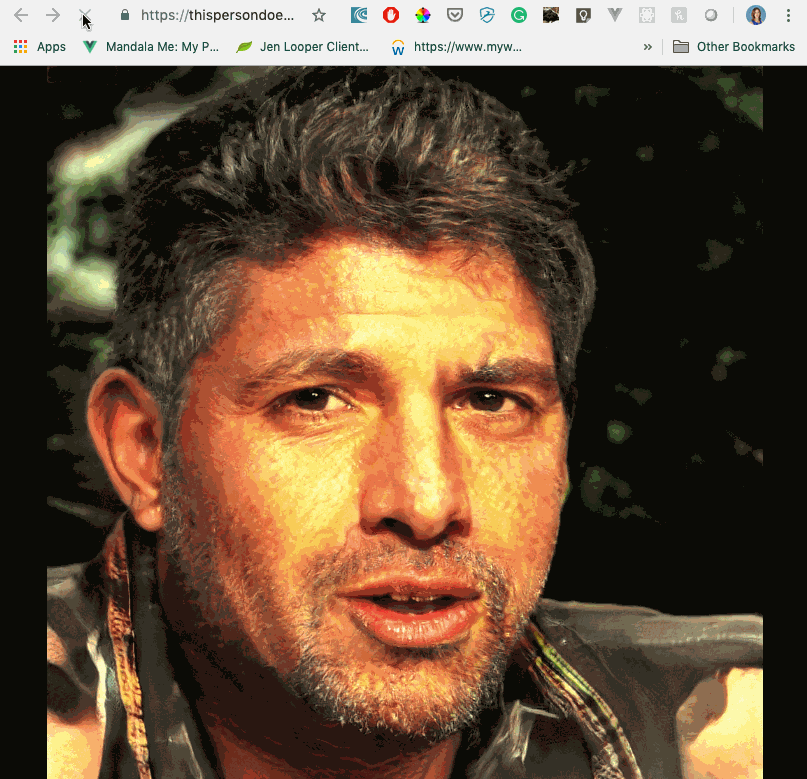
thispersondoesntexist.com
Is this ok?
- the algorithm uses 70k 'real people' images scraped from Flickr
- you are given the choice to remove your photo from the image set (https://github.com/NVlabs/ffhq-dataset) - the burden is on you
- is it better to generate fake people for stock images?
- problem: we don't know the eventual use of this set
Example 3
Deepfakes
video impersonation
premise: with new technology, videos can be convincingly faked - maybe it should should be illegal
Deepfakes are super useful for...
- Revenge porn
- Screwing up politics
- Causing mayhem
is this ok?
Deepfakes are totally unethical - violating all the norms of empathy, autonomy, and integrity
What can we do?
- check the source
- tech problems may require tech solutions:
- check video metadata with InVid
- check for authenticity using Blockchain (TruPic service)
- create a certification service for authenticity
- educate yourself
Example 4
AI Generated Art
premise: art - real art - is starting to be created by ML algorithms. It's coming on the market and needs to be valuated.
Style transfer
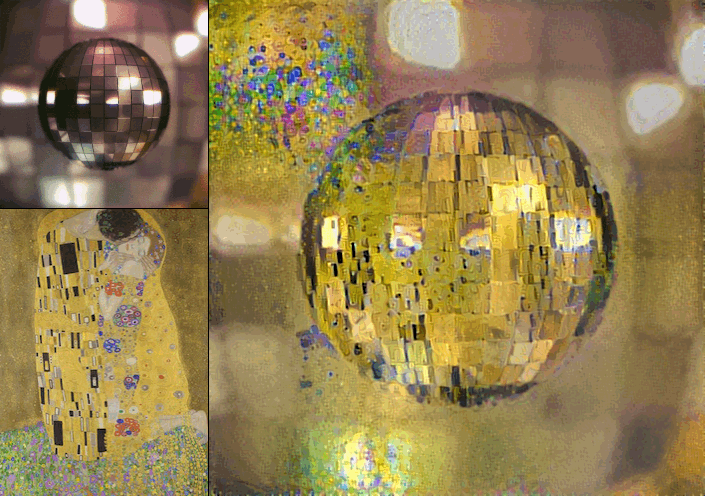
AI "Art" auctions
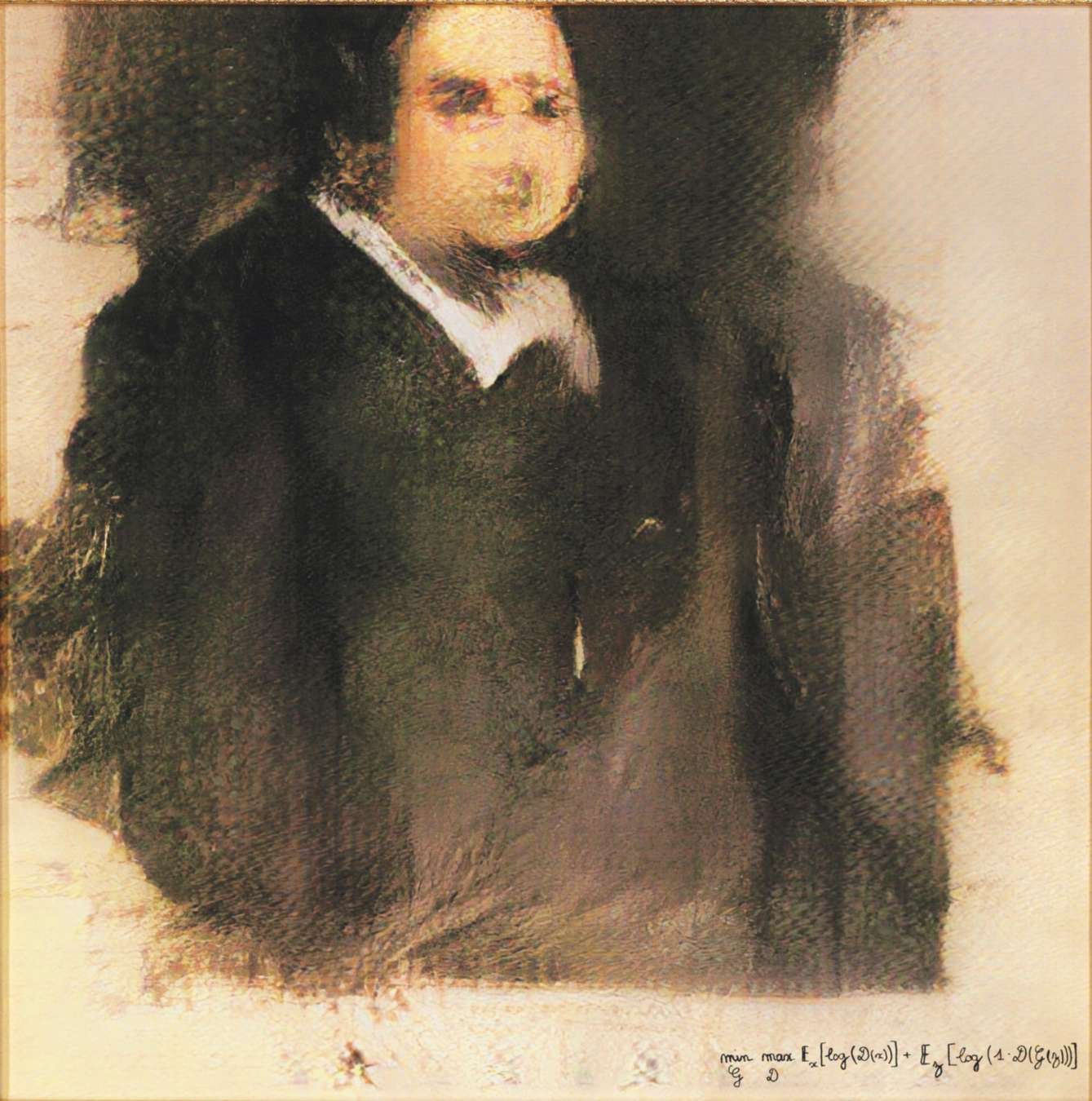
by a Generative Adversarial Network, sold for $423,500 at Christie's
GAN
2 NNs: a generator that synthesizes new samples from scratch, and a discriminator that takes samples from both the training data and the generator’s output and predicts if they are “real” or “fake”.
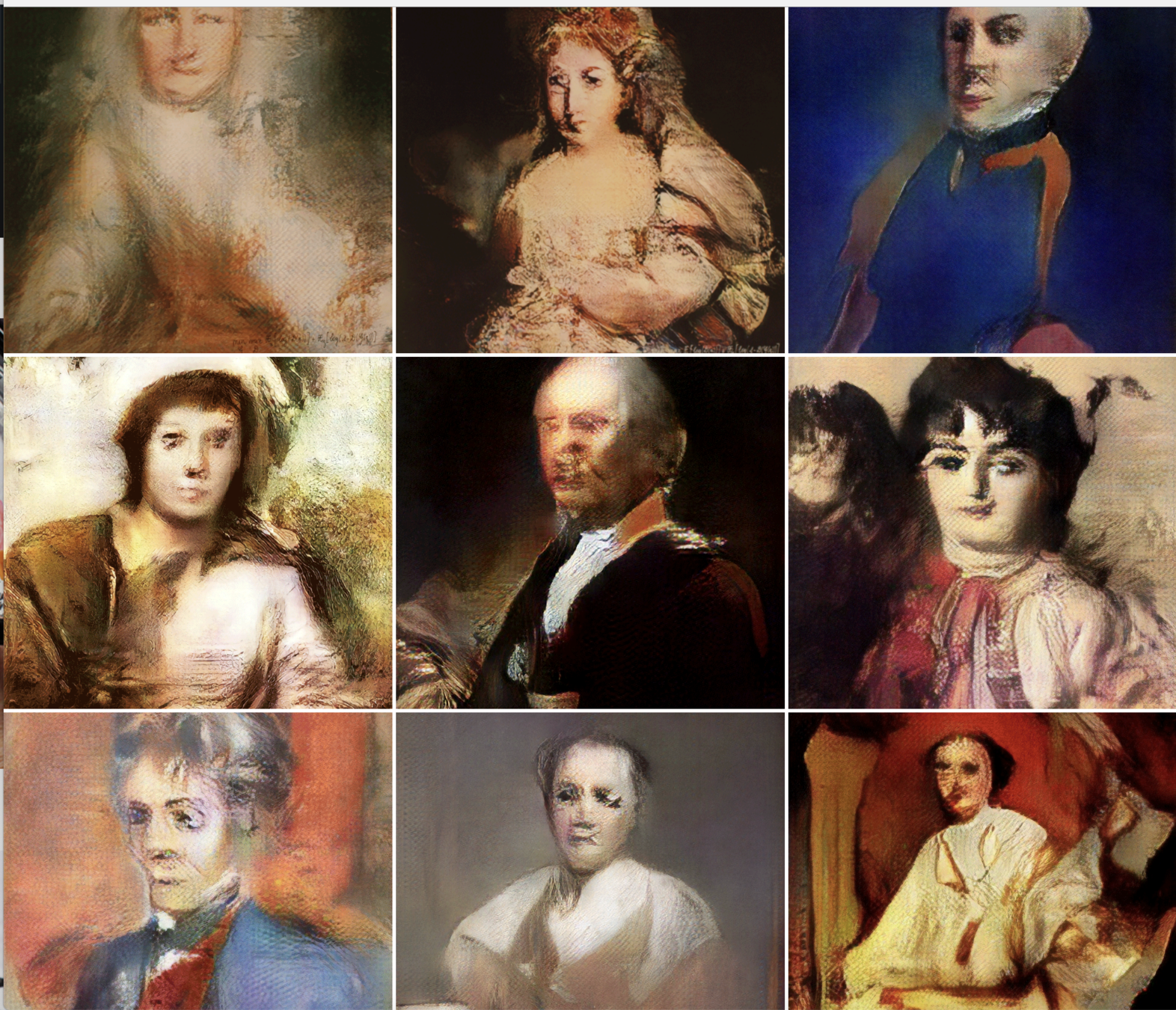
yes but
is it art?
or just a mashup?
CAN
Creative Adversarial Network
Generating art based on style evolution
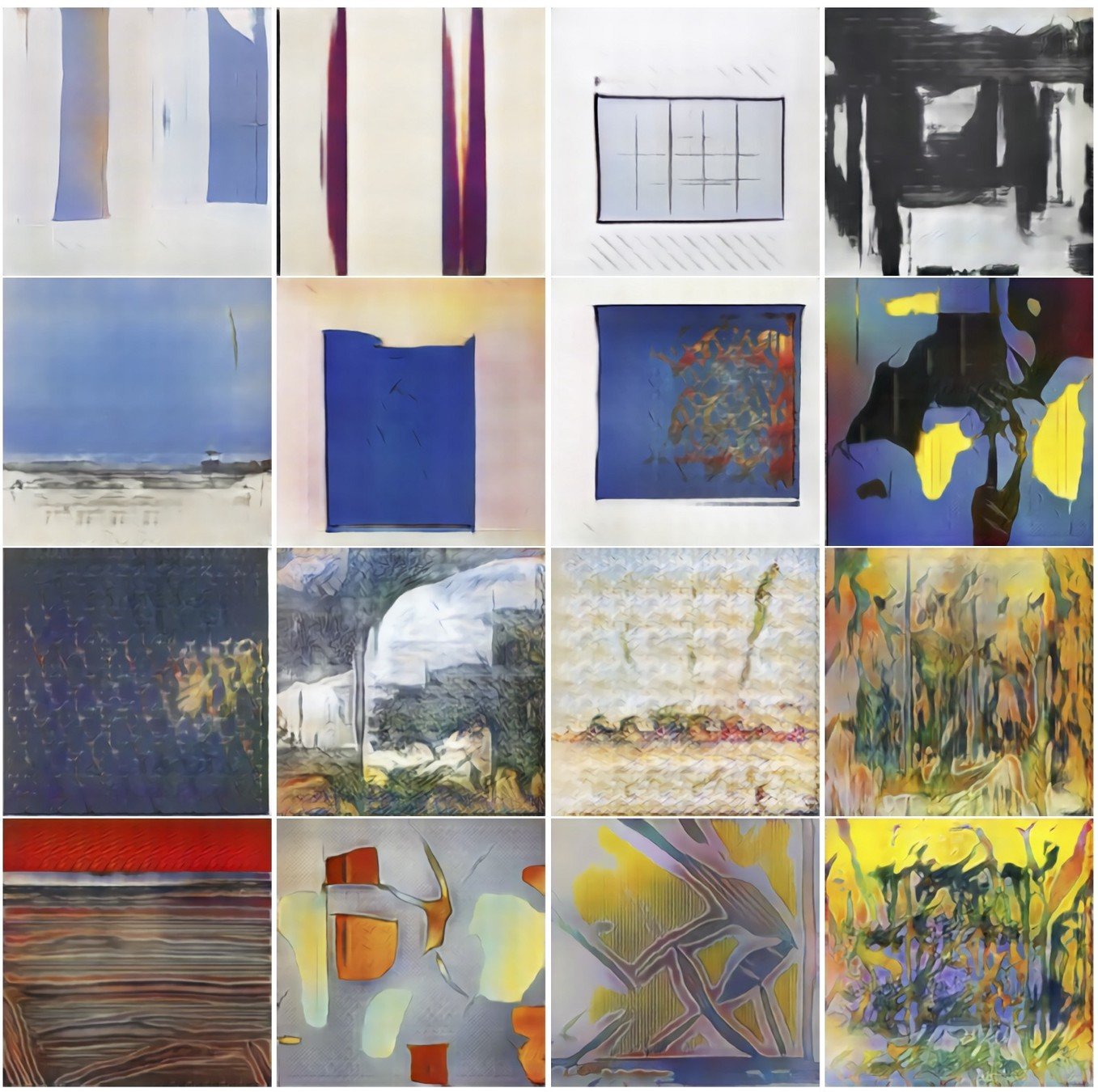
AIs are getting pretty creative
Should we be worried?
What if museums come under pressure to sell off their permanent collection in favor of this new 'modern art'
When does it evolve from mashup to creatively-generated art?
What if this just proves that modern art is 'great bosh'
Example 5
fashion, photoshopping, and those weird makeup apps
premise: 'beautifying' technology that alters images should be monitored as it comes with serious social consequences.




Meitu Makeup apps
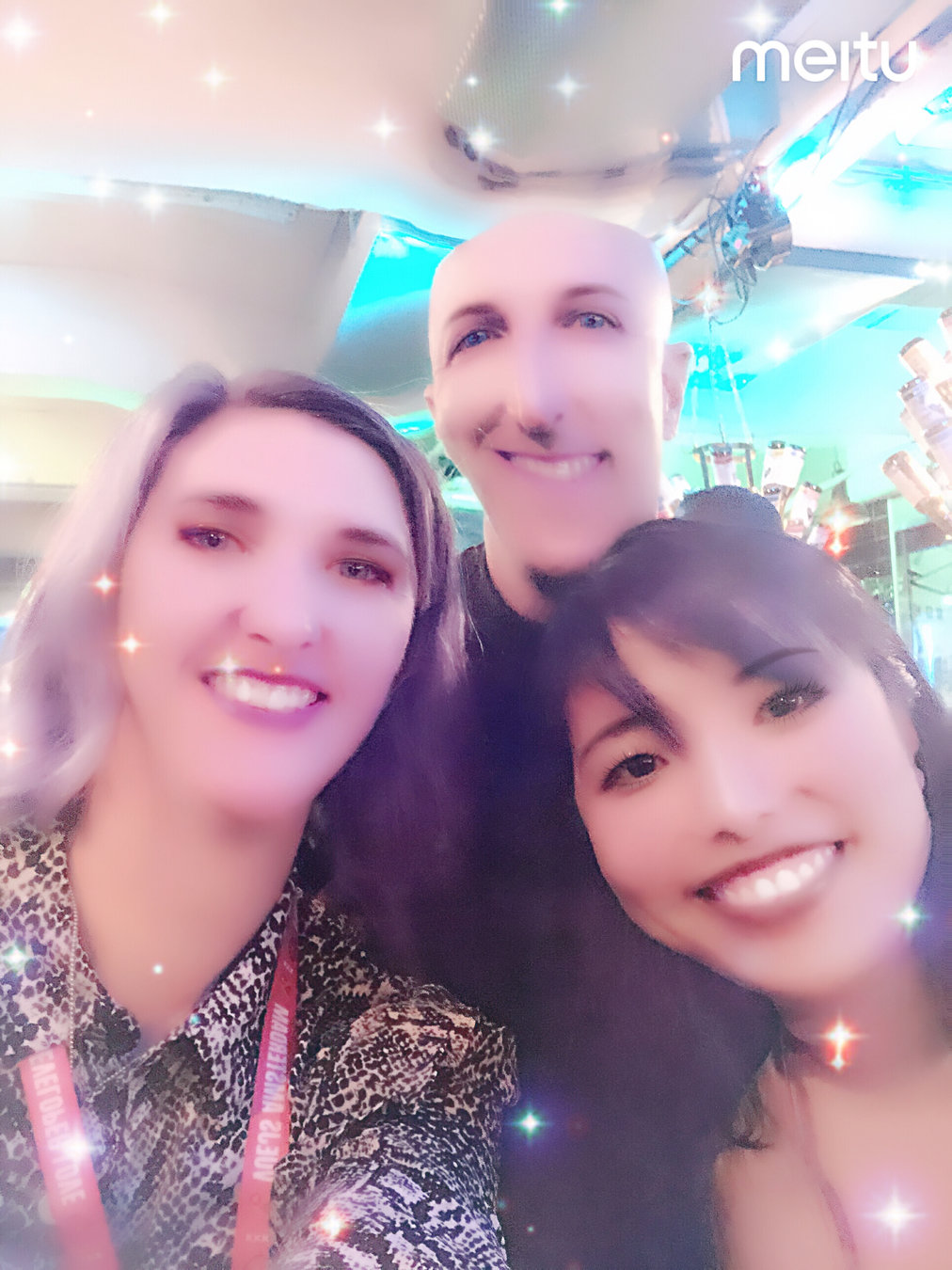
it's all fun and games until someone develops a complex
"Makeup apps lead us to question our worth, then sell us a filter to fix it"
backlash

more backlash: CVS "Beauty Mark"
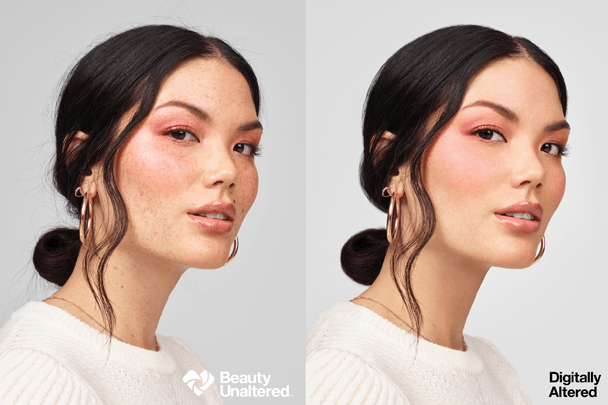
even more backlash
in France, retouched photos must be marked as such
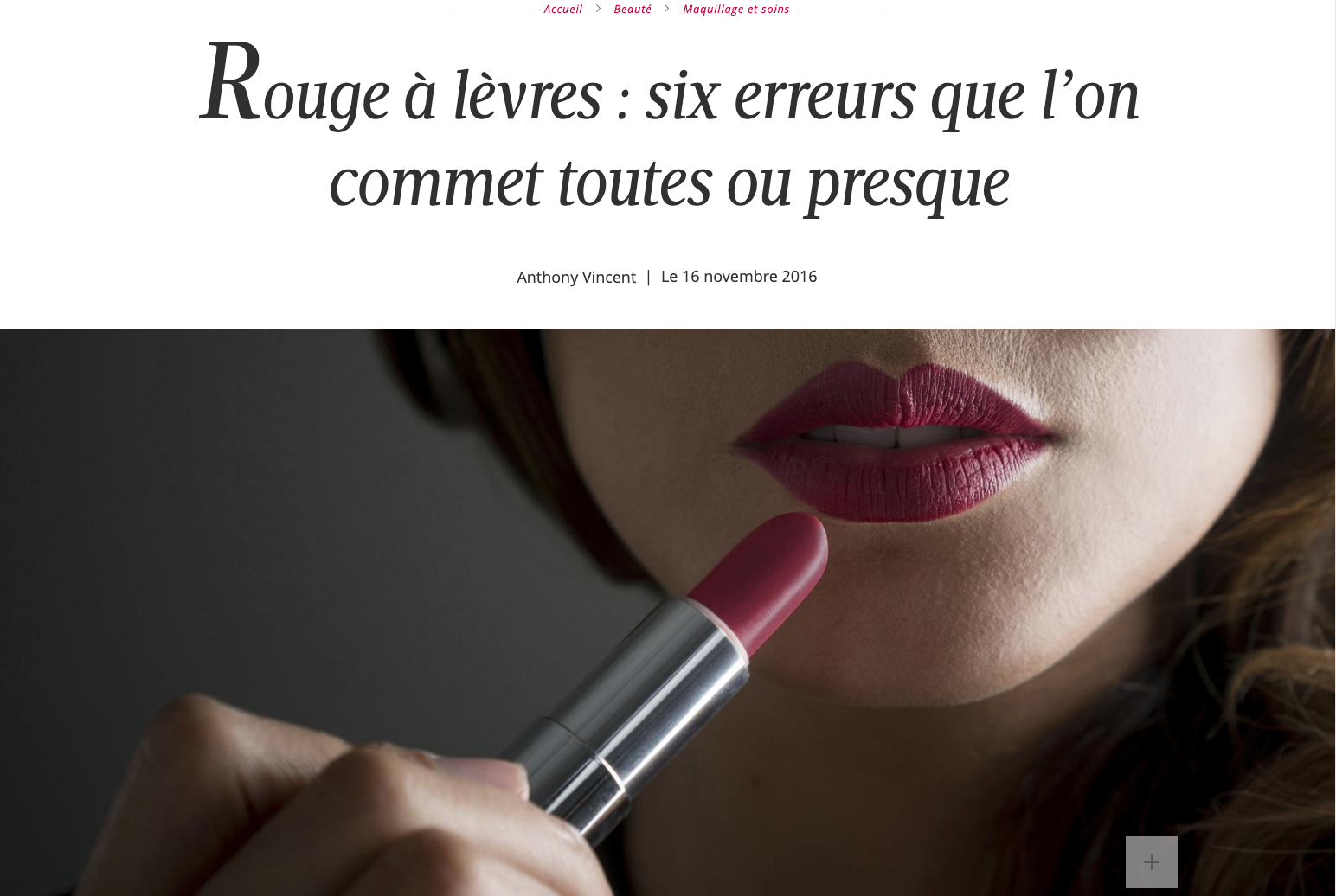
in conclusion
The Ethicist's toolbox
- Meta-Ethics - ask the questions
- Normative Ethics - build the standards
- Applied Ethics - execute
The Ethical Image is both produced and consumed with:
- Empathy
- Autonomy
- Integrity
Jen Looper
@jenlooper

(not retouched!)
(slightly retouched...)
